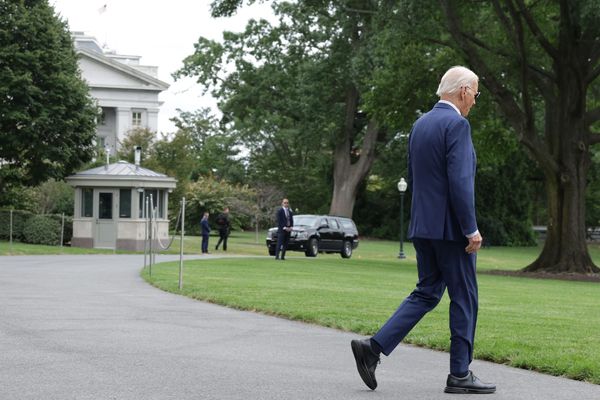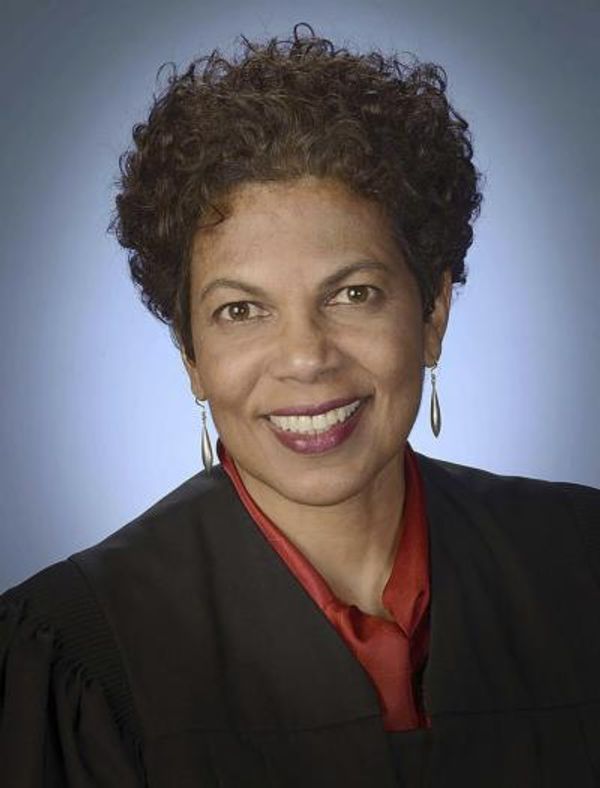
Many people thought the events of 2020 were an aberration, but even as the Covid-19 pandemic gradually recedes, many of the changes considered temporary became the new normal. In a recent discussion with Betsy Ward, CFO of financial services company MassMutual, we discussed some of the competitive trends and pressures emerging from Covid-19 that have pushed CFOs in a different direction. These trends include digitalization to optimize business intelligence and customer service; retaining talent during a period of above-average job switching; and the future of work at a time when many people are no longer content with the old 9-5 office routine. Betsy’s insights on how MassMutual has handled these challenges and looked to future opportunities are crucial for CFOs beyond the financial services industry.
Jeff Thomson: Though the Covid-19 pandemic has begun to abate, the global economy still faces headwinds. With all the uncertainty in store for 2022, CFOs will have to plan for risk management around numerous issues while still charting viable paths toward growth. What do you think will impede or assist with MassMutual’s growth this year and how do you plan to tackle these challenges and opportunities as CFO?

Betsy Ward: Last year was one of the best in MassMutual’s history, since we made significant progress on our long-term growth strategy while delivering exceptional financial performance. With the pandemic prompting more people to seek out financial security for themselves and their loved ones, we saw increased demand for our protection and planning solutions, including a 20% growth in new Millennial life insurance policyowners in 2021 vs. [the] prior year. As we look ahead to this year, we remain focused on ensuring the company is well positioned to deliver long-term value to our policyowners – guided by our financial flexibility and stability, long-term investment approach and investments in digital solutions.
Our digital transformation efforts and meeting people where they are with the financial solutions they need continue to be at forefront of our strategy. The bar keeps rising for digital capabilities, which is why we continue to introduce enhancements that make it easier to do business with us, including an end-to-end digital experience for our new life insurance customers. Fortunately, we already had our digital and financial transformation journeys underway before the pandemic, and we’ll continue to prioritize how to make access to our solutions easier as we look to the future.
One of the top focus areas for our team as we emerge from the pandemic amid the rapid, relentless pace of change is prioritizing data management to improve reporting and, ultimately, insights. As part of transforming the finance function at MassMutual to help us create more time to add analytical and creative value, having access to clean and organized data is key. Overall, I think this continues to be an opportunity for finance organizations so they can be more efficient and make informed, real-time recommendations leveraging data and technology as strategic advisors to the business.
Thomson: One of the biggest business stories of 2022 so far has been the ongoing “Great Resignation” – the mass departure of skilled and valuable professionals from organizations and the subsequent scramble to attract and retain talent. More fundamentally, as the finance function evolves and new competencies become necessary, CFOs will need to rethink their acquisition, retention and long-term talent investment approaches. How are you using (or plan to use) the finance function of MassMutual to retain and recruit the next generation of staff and leaders at the company?
Ward: Given the increasingly competitive, dynamic job market, retaining talent is on everyone’s mind. Driving and sustaining high employee engagement is essential to retaining and recruiting the next generation of staff and leaders. At MassMutual, we’ve continued to see high employee satisfaction scores year-over-year, including 86% overall engagement in 2021.
Our people and our reputation as a trusted company are the greatest assets we have. As a way to attract, develop and retain diverse, exceptional talent, we offer employees in the finance functions – as well as across the company – a wide range of resources to support their development. In line with our digital and financial transformation journeys, employees have the opportunity to participate in programs to help them develop an agile and digital mindset – a way of thinking about how we connect, collaborate and learn in response to new technology and the digital age. We are also focused on helping employees develop a greater sense of connection with the most pressing issues of our time – including Diversity, Equity and Inclusion. To this end, we offer learning experiences and transformative education for all employees, such as guest speakers, discussion groups and online resources to learn about systemic racism.
In addition to development opportunities, MassMutual offers competitive and comprehensive employee benefits – and we are constantly evaluating them to make sure we’re offering choice and flexibility to meet employees’ changing needs.
Thomson: Along with recruitment and retention challenges, another major shift since the pandemic began has, of course, been the rise of remote work. Even as offices reopen, many companies are opting to allow employees to stay home at least part-time. As hybrid work becomes the norm, how will you support your staff to ensure they are productive regardless of their location? More broadly, what do you think is the role of the CFO in helping their organizations adapt to this new normal?
Ward: The sudden experiment in working from home two years ago caused us all to really challenge our thinking about where and when people work. It made clear that there are benefits to both in-office and remote work. As we begin to come together more frequently, we’re looking at a much broader view of how we provide flexibility and balance across the company, with most of our workforce likely having a hybrid schedule, which will look very different team to team, and sometimes even among teams. It’s going to take some iteration and new ways to build our community; but I think that this will overall result in a workforce that is more efficient, agile and creative, because people will have the ability to work in ways that take their needs – and the needs of the business and our customers – into account.
Investing in technology and creating collaborative spaces is also imperative to implementing a flexible workplace approach. Whether employees are in the office or working remotely, we provide them with the equipment, tools and strategies for the most productive experience. Additionally, MassMutual’s offices provide a suite of amenities that promote flexibility, mobility and collaboration between colleagues and teams. This includes a range of collaborative spaces, as well as conference rooms and team rooms to have meetings, brainstorming sessions or to informally catch up with colleagues.
This article has been edited and condensed.










